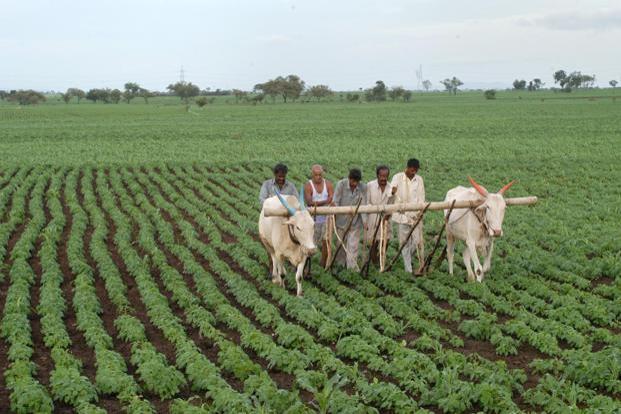Ph.D. in Rural Economics: Introduction, Admission, Registration, Eligibility, Duration, Fees, Syllabus 2024

Introduction:
The Ph.D. program in Rural Economies focuses on studying the dynamics of rural areas, emphasizing economic development, sustainability, and policy interventions. This advanced degree equips scholars with the skills to analyze and influence the economic structures within rural settings through rigorous research methodologies and field studies. Students explore topics like agricultural economics, rural development, environmental impacts, and socioeconomic policies. The program aims to prepare graduates to drive meaningful change and contribute to the development of resilient rural economies globally.
Admission Process:
- Application Submission: Complete an online application, including personal details, academic records, and professional experience.
- Academic Requirements: A master’s degree in economics, rural development, or a related field.
- Research Proposal: Submission of a detailed research proposal aligned with rural economies.
- References: Provide letters of recommendation from academic or professional references.
- Interview: An interview with the program faculty to discuss the applicant's research interests and qualifications.
Eligibility:
- Master’s degree in a related field such as economics, geography, or environmental science.
- Demonstrated research skills and interest in rural economic issues.
- Proficiency in English, both written and spoken.
Completion Time:
The Ph.D. in Rural Economies typically requires three to five years to complete, depending on the student's pace and the complexity of the research project. The program starts with coursework focusing on advanced economic theories and research methods, followed by comprehensive exams to test the depth of knowledge. The bulk of the time is devoted to conducting original research, culminating in a dissertation that contributes new insights into rural economic development. Students are encouraged to publish their findings and present at conferences, which might extend the duration of their studies.
Career Opportunities:
- Academic Positions: Universities and research institutions.
- Policy Analyst: Government agencies and international organizations.
- Economic Consultant: Consulting firms specializing in rural development.
- NGO Leadership: Non-governmental organizations focusing on economic development.
- Entrepreneurship: Initiatives related to rural innovations and sustainable practices.
Syllabus:
- Advanced Microeconomics and Macroeconomics
- Quantitative Methods in Economic Research
- Rural Development Theory and Policy
- Environmental Economics and Sustainability
- Dissertation Research Seminar
Internship Opportunities:
- Collaborations with governmental bodies on rural projects.
- Internships with international development agencies like the UNDP or World Bank.
- Research internships at leading economic research institutes.
- Fieldwork in partnership with local NGOs.
Scholarship and Grants:
- University Fellowships: Financial support for outstanding academic records.
- Research Grants: Funds specifically for field research and data collection.
- Government Scholarships: Scholarships offered by national and international governments.
- Private Sector Sponsorships: Financial aid from companies interested in rural development.
FAQs:
What prerequisites must I meet to apply?
A relevant Master's degree and a strong academic record.
How long does it take to complete the Ph.D.?
Typically, 3-5 years, depending on research progress.
Are there opportunities for practical experience during the program?
Yes, through internships and field research.
What career paths are available after graduation?
Careers in academia, policy analysis, consulting, and more.
